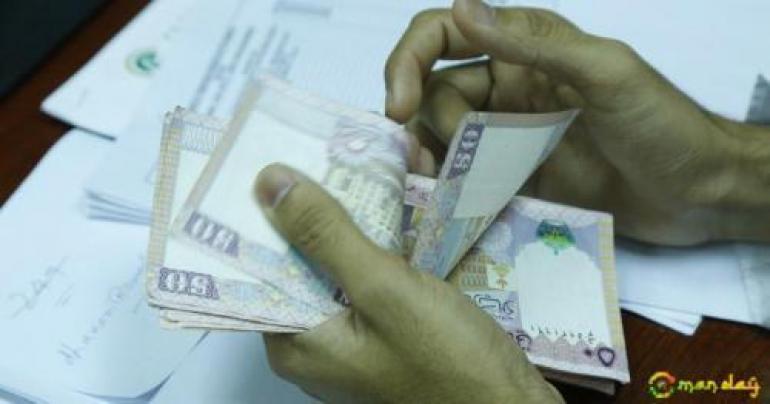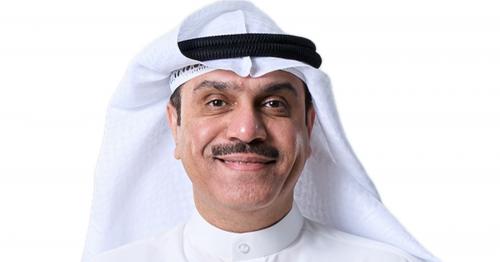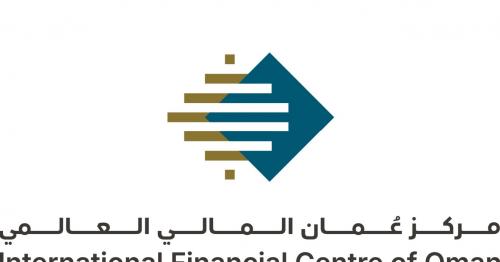Are you planning to send money to your home ? Here check new rules for sending money abroad from Oman
Are you sending more money home than you can afford to? If yes, then you may face questions, as exchange houses in Oman have adopted new features to safeguard both themselves and customers against money laundering.
In a new move, customers will now have to declare the source of their funds while remitting or changing money, if the amount is more than their earnings.
“According to the guidelines issued by the Central Bank of Oman with regard to the Anti-Money Laundering law, transactions of over OMR400 have to undergo Enhanced Due Diligence,” Syed Faraz Ahmed, General Manager at Oman United Exchange, said.
The system, Enhanced Due Diligence, has been specifically designed to deal with high-risk or high net worth customers and large transactions.
“When there is any such transaction, it is mandatory for the exchange to look into the source of funds. The sender has to prove both legal and financial status in the country via bank account details, and/or resident card,” Ahmed said.
He added that besides documentation, customers also need to provide the purpose of remittance for each transaction. “The exchange has an internal built-in system that filters any transaction that detects whether the sender or receiver is on the black list,” he remarked.
Philip Koshy, General Manager Modern Exchange, said: “It is well understood that when a customer is sending more money than his/her monthly income, he or she has to provide additional supporting documents that justify the transaction.”
“Many times, people get bonuses, salary in advance, or even a loan from a bank, which they use as a means of income to transfer money to their home country. As long as they can provide the supporting documents, there is absolutely no restriction in making the transfer,” he said.
“Our exchange has a comprehensive system that provides all the details of the sender through smart card readers. The system shows the profession and other relevant details to meet the Know Your Customer requirement,” Koshy explained.
General Manager of Global Money Exchange, Madhusoodhan, said an alert will be activated on their system if someone tries to send more money. “Then we can ask him or her about the source of funds,” he said.
To achieve the integrity of the payments structure to reduce potential risks, the Sultanate had recently issued the National Payments System Law, that allows the Central Bank of Oman (CBO) to establish rules, conditions, and procedures for granting and approval of licences for payment services, operation, management, supervision and control of payment systems.
The purpose of the law was to establish and develop payment systems in a secure and efficient manner, as well as to establish the authority of the Central Bank on the payments system. It is clearly stated in the law that any person who carries out an activity subject to the provisions of the payments system without obtaining a licence shall be liable to imprisonment for up to seven years and a fine of up to OMR50,000.
The system is said to be activated after 30 days from February 20, 2018, and the duration of the licence may be up to 120 days. Residents in Oman are bracing themselves for the impact the new regulations will have on the manner in which they send money home.
“I always send money home once a year. So, I will need to keep a careful record of the source of my income from now on,” Vijay, an Indian expat in the capital, said.
Sarfaraz, a Pakistani resident in Sohar, said: “I send money to my parents and wife every month, I have always kept a record of transactions. So, in a way, I have been prepared for this for a while.”
Share This Post






